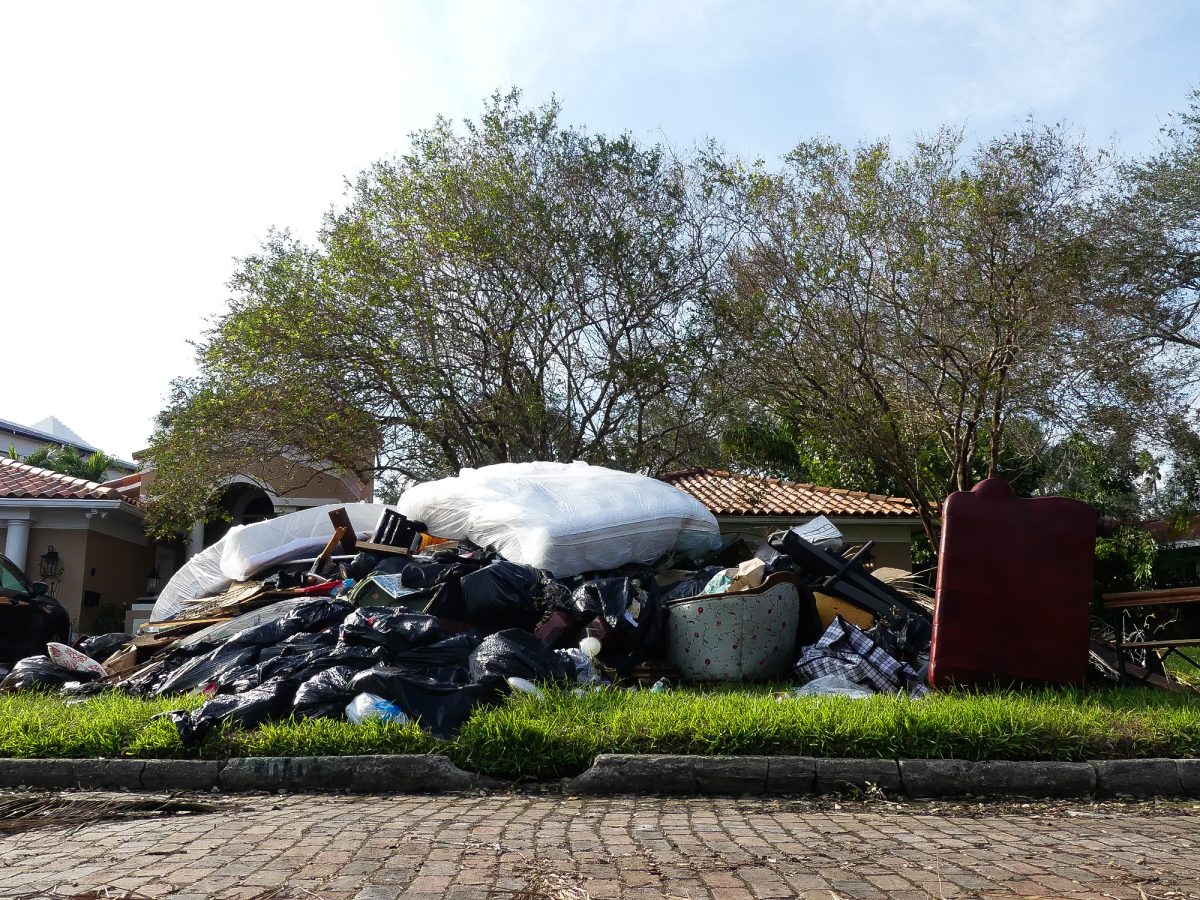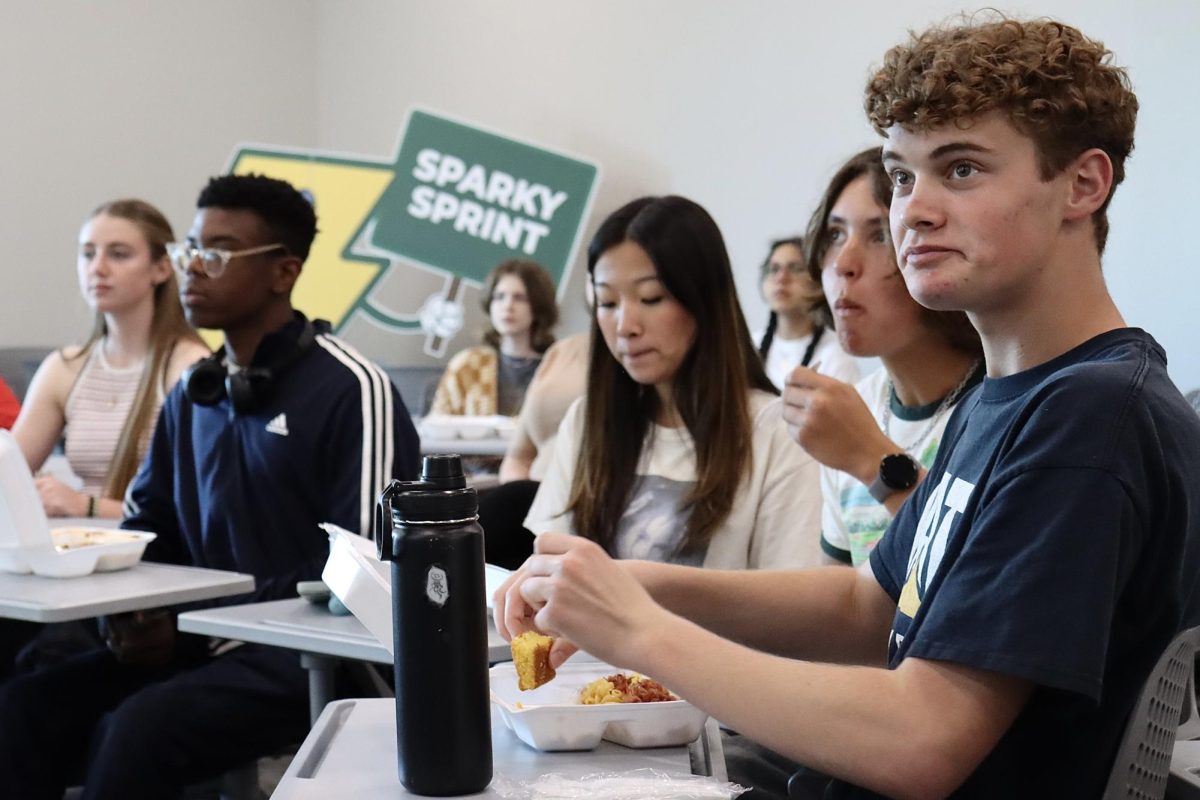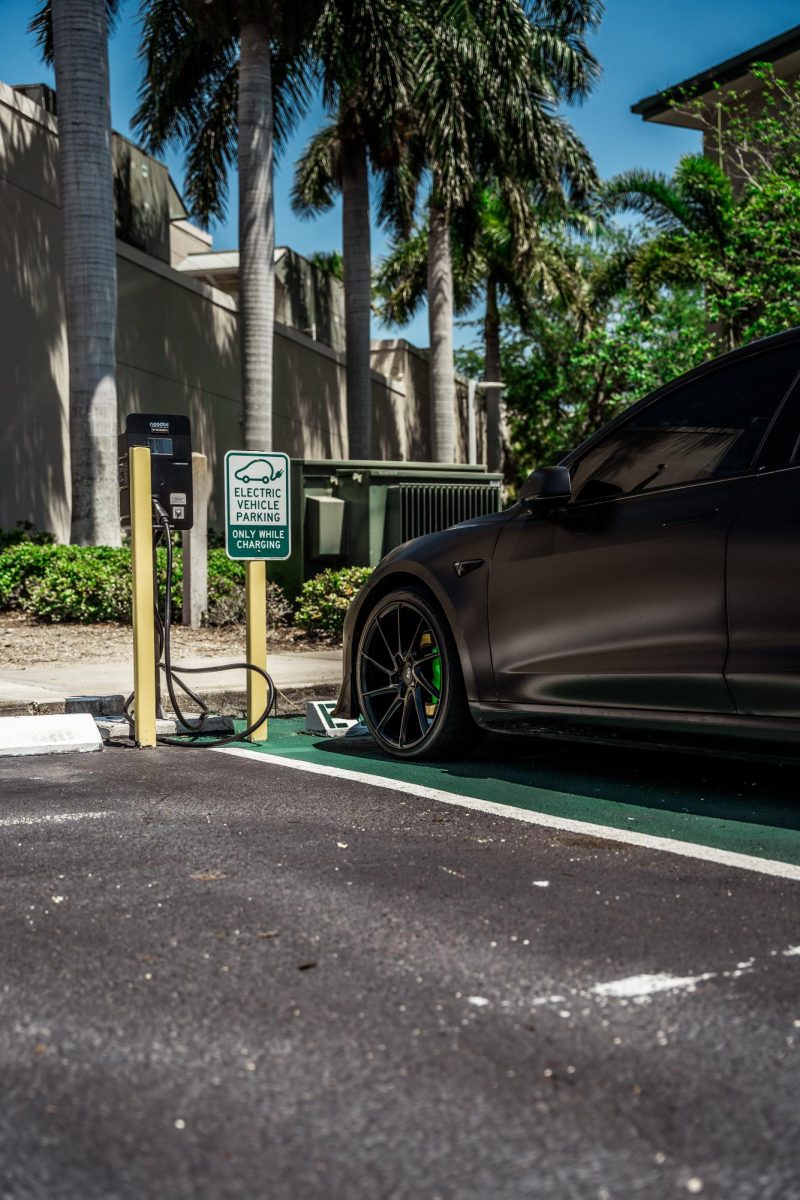Driving with the radio on, blasting your favorite song, the wind blowing through your hair—then the window crank has to ruin the mood while you relentlessly attempt to turn it. Aren’t we glad car technology has improved?
As we enter the age of technology, electric vehicle (EV) sales skyrocketed. According to the International Energy Agency, sales have increased by 10%—from 4 to 14%—since 2020, indicating a promising future for electric cars. Shorecrest seems attuned to this, as it recently installed two EV charging stations.
When asked what the overall goal for installing the EV Chargers was, CFO & COO Lisa Wylie said, “We believe that the charging stations are a convenience for our employees, students, and parents, as well as [a demonstration to] our commitment to environmental sustainability.” Wylie believes that convenience and environmental goals will be achieved by installing EV Chargers.
Many believe that Shorecrest will also profit from this. Wylie said, “Shorecrest is charging a fee to cover the cost of running the charging stations. We are not profiting from the EV charging stations.” The chargers cost $0.16 per kilowatt-hour of use.
Upper School English Teacher Joe Gonzalez believes the biggest concern about owning an electric car is “charging it in public stations.” “Sometimes, if you go to the charger for the first time, you have to download a different app, [and] sometimes the same charger changes apps from one year to the next, so all of these things add time and effort into the process [of charging a car],” said Gonzalez.
Similarly, junior Ziad Hemadeh said, “I don’t have an electric car charger at home, so I usually have to go out of my way.” As accessibility is a huge problem for electric car owners, the problem is solved with a charger waiting right outside of Landy Hall.
Initially, charger use was limited to faculty and staff as sort of a trial run or pilot stage. After that successful phase of implementation, the chargers will shortly be open to the entire Shorecrest community.
With the chargers being open to everyone, they will naturally become occupied quickly, which is another concern for students. Hemadeh said, “I don’t think there are enough chargers on campus to cater to the entire population of electric car users at Shorecrest.”
Along with the limited supply of chargers, Hemadeh is worried about the location. As most students park in their designated lots, Hemadeh said, “I think these spots will end up being used by faculty, as they already park in that area.”



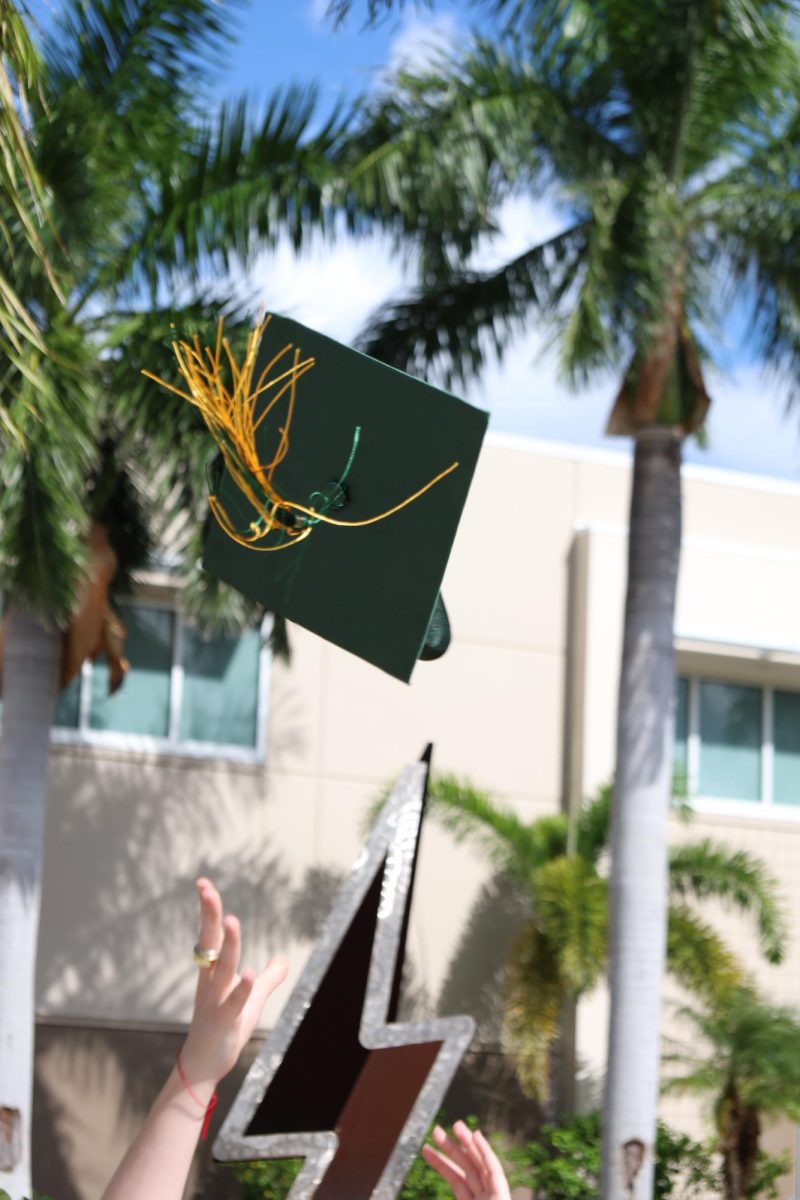








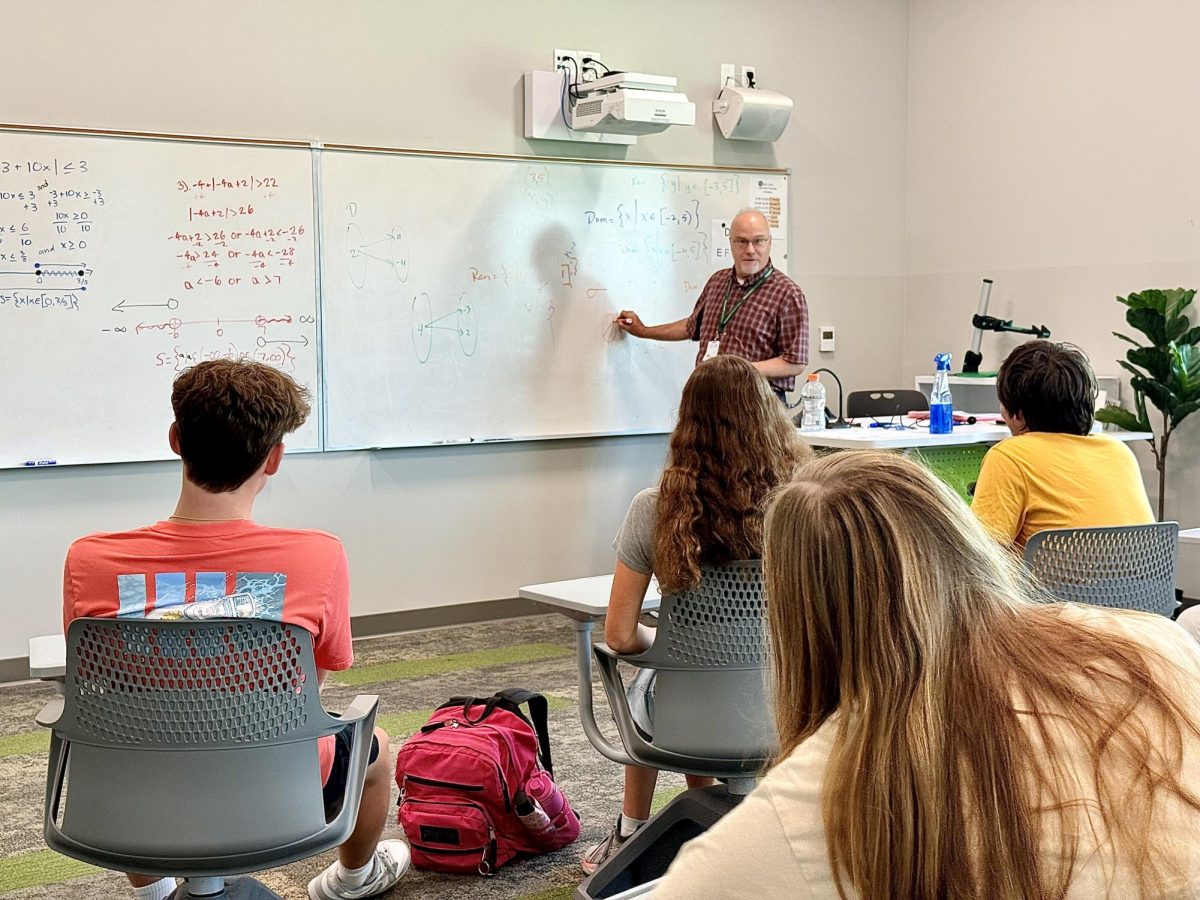

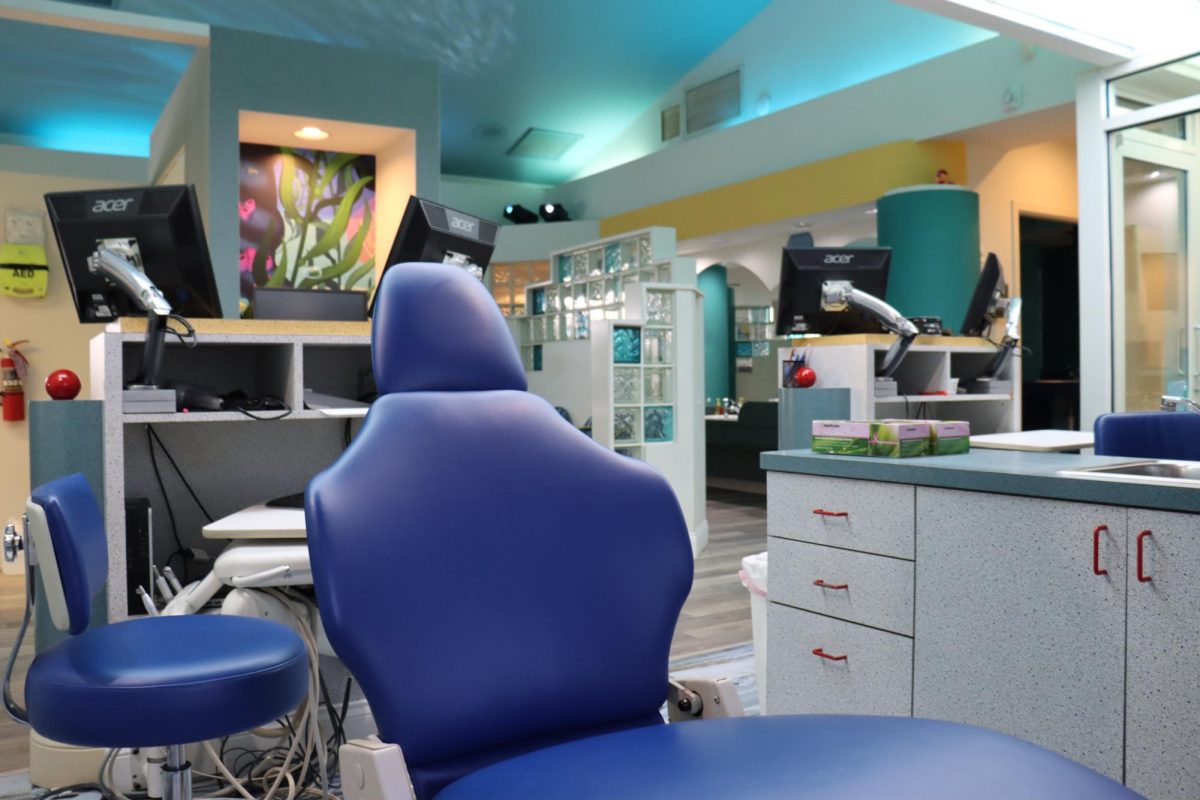
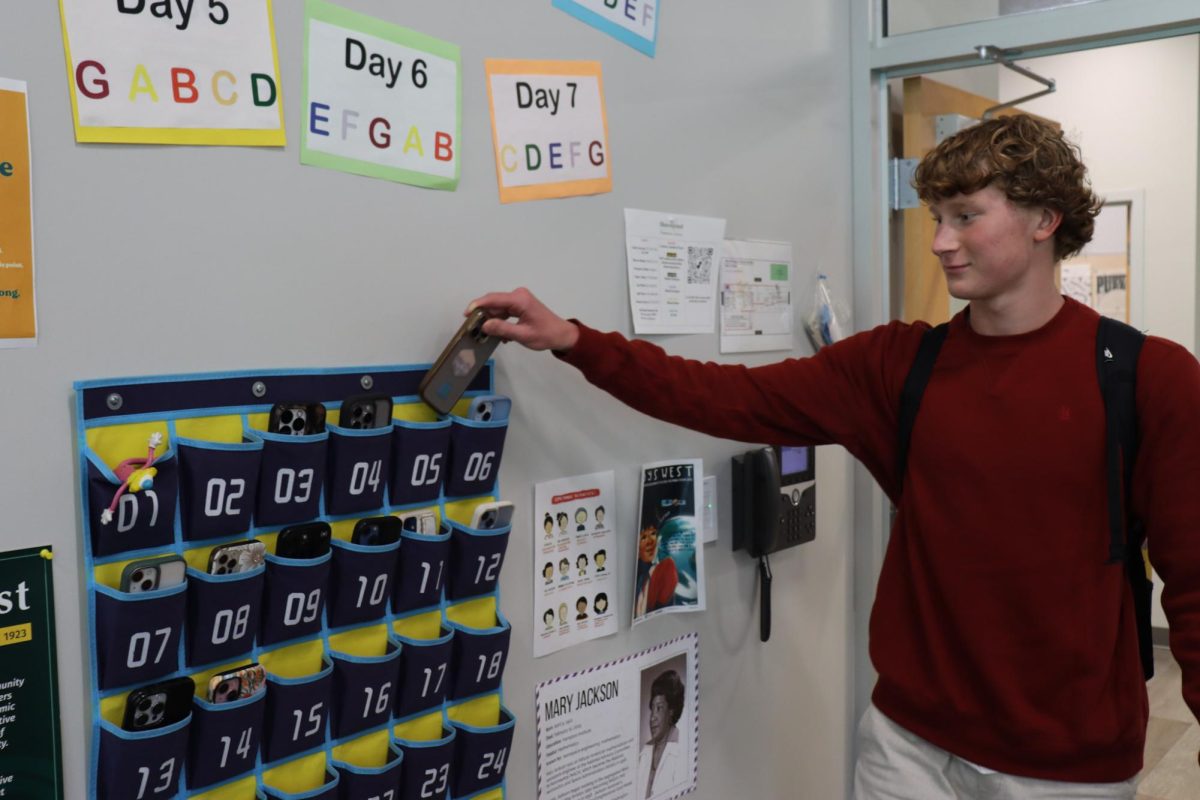
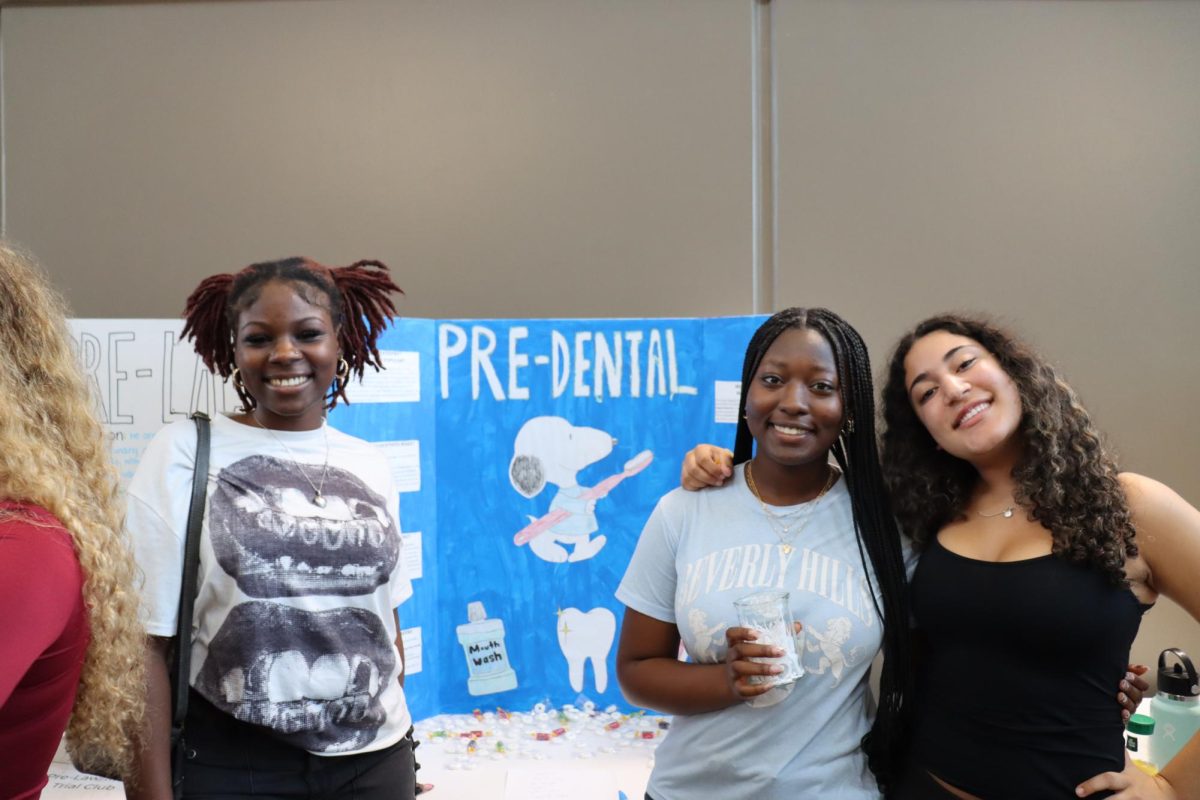













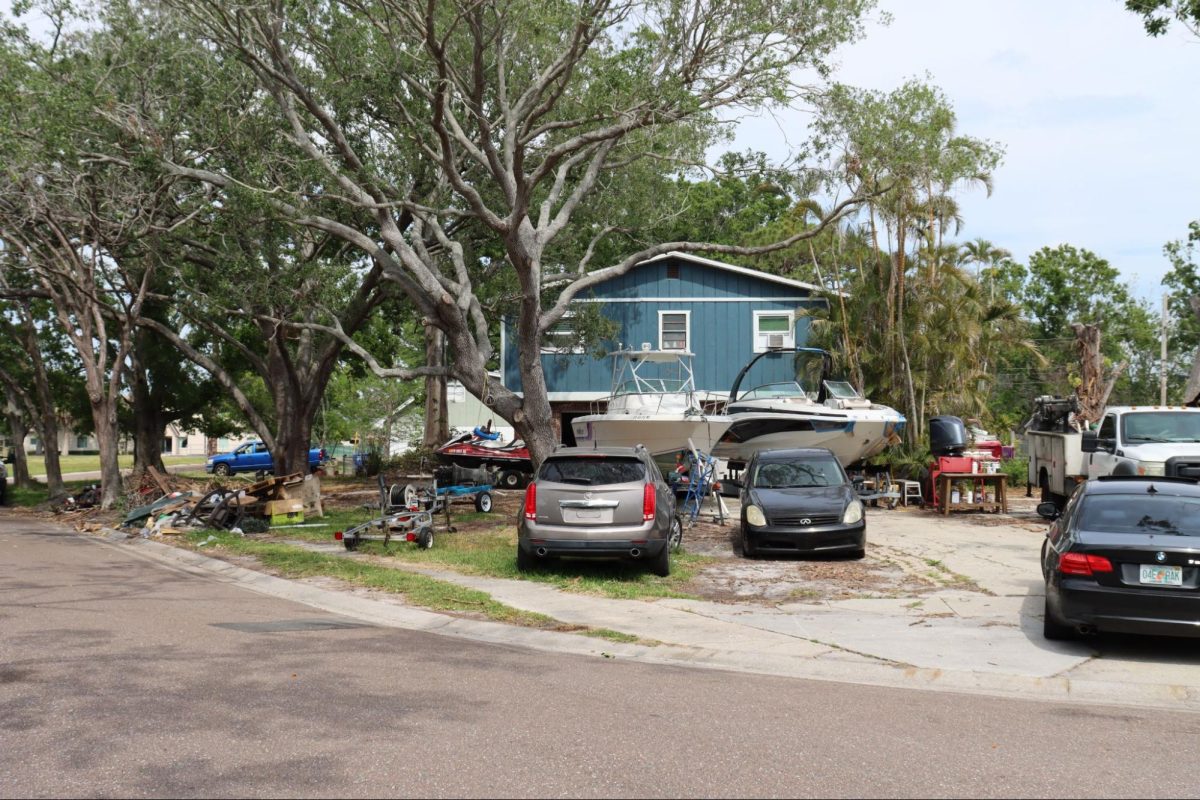



![Thespians pose on a staircase at the District IV Thespian Festival. [Front to back] Luca Baker, Maddison Cirino, Tanyiah Ellison, Alex Lewis, Summer Farkas, Jill Marcus, Ella Mathews, Sanjay Sinha, Isabella Jank, Sofia Lee, Boston Littlepage-Santana, Sally Keane, Tyler Biggar, Tanner Johnson, Jasper Hallock-Wishner, Remy de Paris, Alex Jank, Kaelie Dieter, and Daniel Cooper. Photo by Michael McCarthy.](https://spschronicle.org/wp-content/uploads/2024/12/image1-900x1200.jpg)

